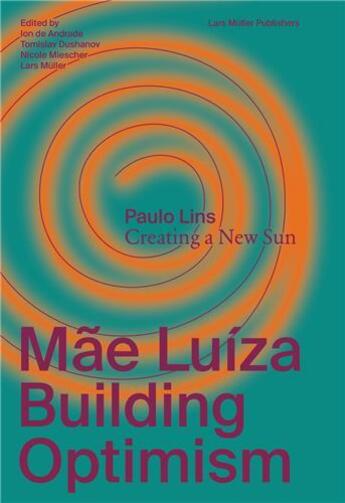-
Date de parution : 15/10/2021
-
Editeur :
Lars Muller
-
EAN : 9783037786826
-
Série :
(-)
-
Support :
Papier
Résumé:
Mae Luiza is a borough at the edge of the city of Natal in the northeast of Brazil with approximately 15,000 inhabitants - a favela with all the typical grievances. In the 1980s Padre Sabino Gentili came to Natal from Italy, and settled in Mae Luiza. He built the fi rst Catholic church in the... Voir plus
Mae Luiza is a borough at the edge of the city of Natal in the northeast of Brazil with approximately 15,000 inhabitants - a favela with all the typical grievances. In the 1980s Padre Sabino Gentili came to Natal from Italy, and settled in Mae Luiza. He built the fi rst Catholic church in the poor community and in 1984 founded the Centro Socio with German, Swiss and Brazilian support. In a participatory process in which the community was able to voice its needs and priorities, the Centro initiated communal social infrastructure for education and medical care, and later for sports, culture and community life. After Padre Sabino's death in 2006 the Ameropa Foundation strengthened its commitment with further investments in the infrastructure, expanding social and educative services and community-building measures. The efforts culminated in the construction of an arena for sporting and communal activities and also a music school, two outstanding buildings and focal points in the neighborhood, designed by Swiss architects: facilities usually absent in the Brazilian peripheries.
This richly illustrated volume documents the transformation of Mae Luiza as an example of how to build community, create citizenship and identity, and promote initiative and participation with timely and punctual investments. Alongside a novel written by the esteemed Brazilian author Paulo Lins, short articles and essays trace the history of Mae Luiza from the point of view of local activists as well as invited authors from various fi elds.
Donner votre avis














